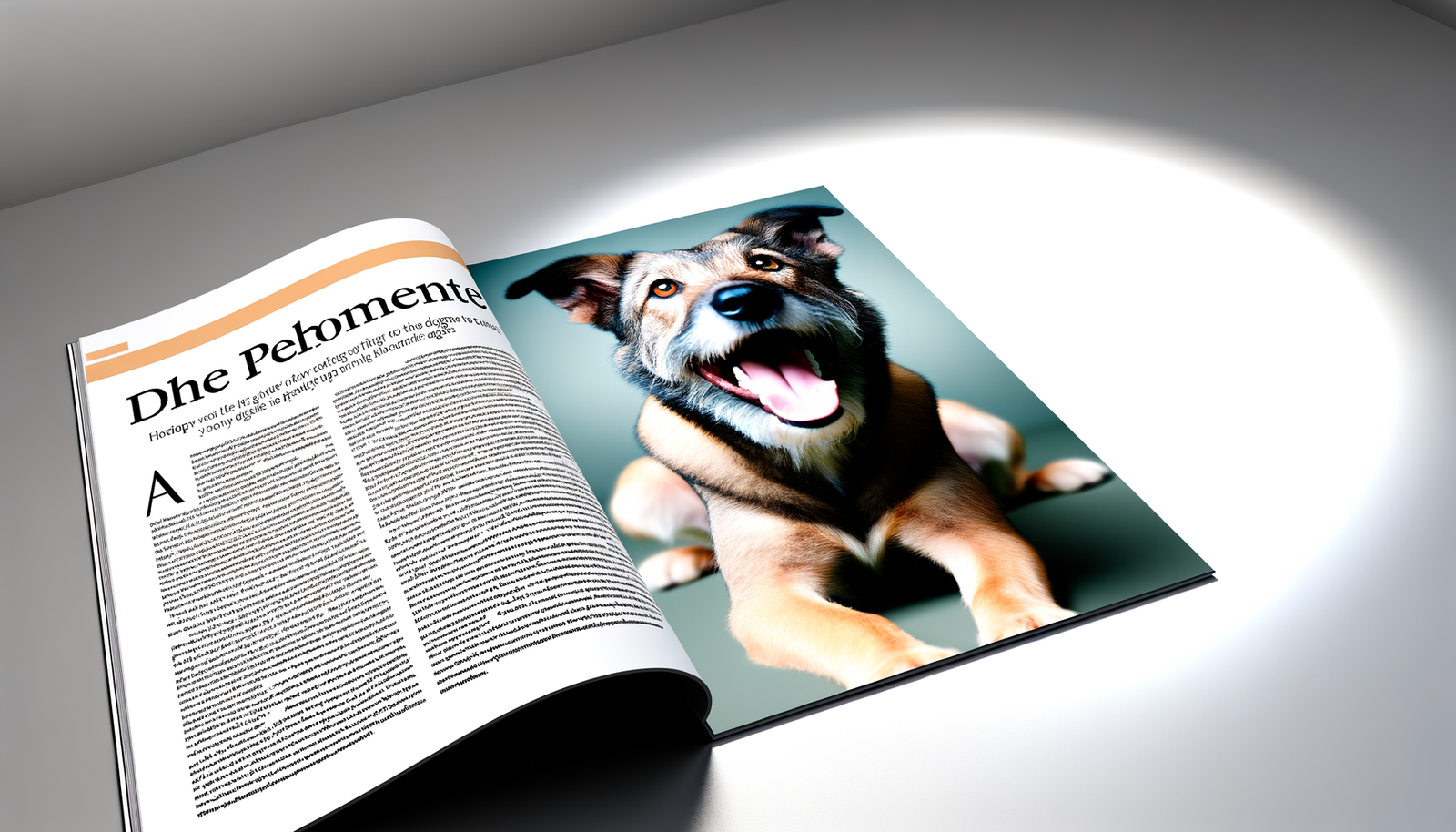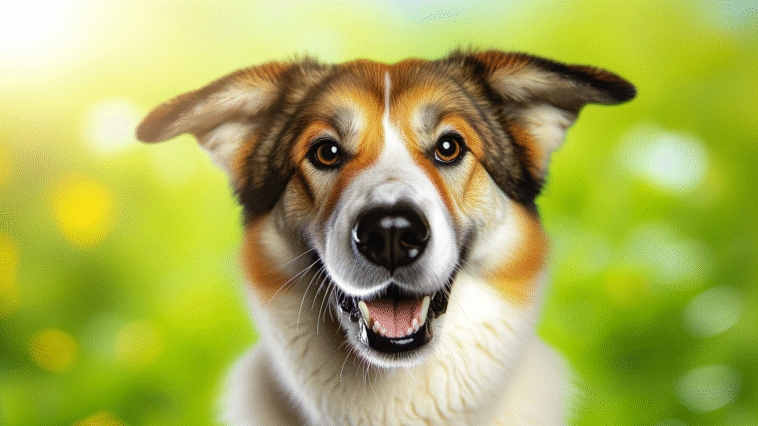Ah, the age-old mystery that many dog owners have experienced firsthand – the infamous habit of dogs munching on other dogs’ poop. Picture this: you’re strolling along, enjoying a lovely walk with your furry friend, when suddenly they lunge towards a pile of what can only be described as… well, poop. Before you can utter a word of warning, it’s already too late; your canine companion has devoured it with gusto, leaving you utterly bewildered. Believe me, I’ve been there too, wondering, “Why on earth do dogs eat other dogs’ poop?”
Let me tell you, if you’ve found yourself in this rather gross predicament, you’re not alone. Many dog parents have grappled with this unsettling behavior. Fortunately, there is some light at the end of the tunnel. Science has shed some light on this rather distasteful topic, offering explanations for our pups’ less-than-appetizing dining preferences.
First and foremost, let’s delve into why dogs engage in this unseemly practice. In my experience as a seasoned dog trainer, I’ve found that there are several reasons behind this behavior. One common theory is that dogs are drawn to feces due to their ancestral instincts. In the wild, wolves – the ancestors of our beloved domestic dogs – would consume the entire animal, waste included, to ensure they left no trace for potential predators. This survival instinct may still linger in our modern-day canine companions, prompting them to investigate and sometimes ingest fecal matter.
Another possible explanation lies in the realm of canine communication. Dogs are incredibly social animals, and scent plays a crucial role in their interactions. By consuming feces, dogs might be trying to mask their own scent or gather information about other dogs in the area. It’s almost like a smelly form of social media for them! While it may sound bizarre to us, this behavior is deeply ingrained in their instinctual behavior.
Now, let’s address the elephant in the room (or should I say, the poop in the park) – the dangers associated with dogs eating other dogs’ poop. Apart from the obvious gross-out factor for us humans, there are legitimate health risks involved. Consuming feces can expose your dog to parasites, bacteria, and viruses present in the waste. This can lead to gastrointestinal issues, infections, and even more severe health complications. So, as much as we might want to look the other way, it’s essential to address and tackle this behavior head-on.
So, how can we fix this rather unsavory habit? Fear not, dear dog parents, for I come bearing practical tips to help curb your dog’s poop-eating proclivities.
1. **Maintain a Clean Environment**: One of the most straightforward ways to prevent your dog from indulging in fecal feasts is to keep their living space clean. Ensure that your yard, backyard, or any areas your dog frequents are free of feces. Regularly clean up after your dog to remove any temptations. A clean environment can significantly reduce the opportunity for this behavior to occur.
2. **Positive Reinforcement**: As a dog trainer, I cannot emphasize the power of positive reinforcement enough. When your dog ignores feces or responds to your cues to move away from it, reward them with praise, treats, or their favorite toy. By reinforcing desirable behaviors, you can effectively redirect your dog’s attention away from poop and onto more acceptable activities.
3. **Consult Your Veterinarian**: If your dog’s poop-eating habit persists despite your best efforts, it’s crucial to consult with your veterinarian. There may be underlying health issues contributing to this behavior, such as nutritional deficiencies or medical conditions. Your vet can provide tailored advice and support to address the root cause effectively.
In my journey as a dog trainer, I’ve encountered various dog behaviors, but the poop-eating dilemma always manages to surprise and challenge even the most seasoned pet parents. It’s a quirky aspect of canine behavior that can leave us scratching our heads in disbelief. However, with patience, understanding, and a proactive approach, we can help our dogs overcome this less-than-appetizing habit.
Now, over to you, dear readers – have you ever faced the dreaded poop-eating conundrum with your furry friend? What strategies have you found effective in curbing this behavior? Share your experiences and tips in the comments below. Let’s navigate this smelly situation together!




